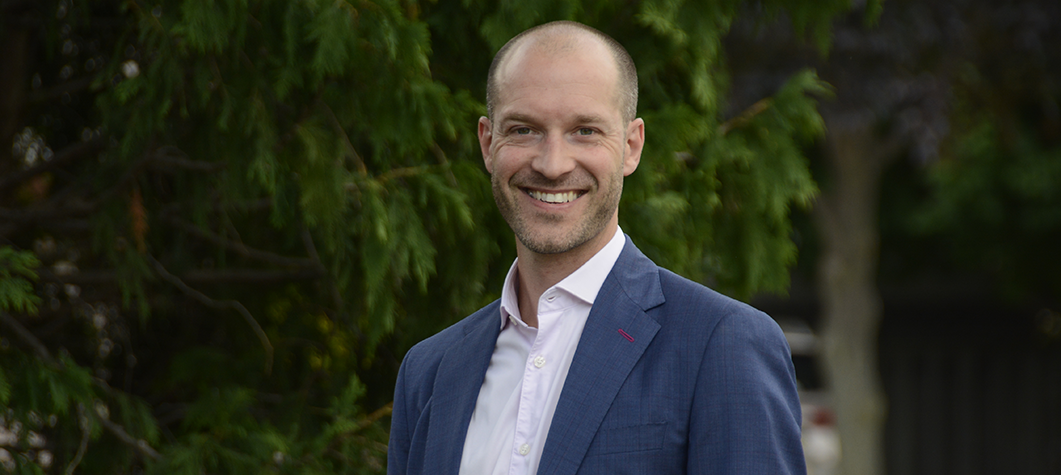
“I’m a young dad,” says Kyle Kootstra, Portfolio Manager at BMO Nesbitt Burns and a United Way donor. “My wife and I think a lot about how we can make sure our kids experience no barriers, and we are fortunate to be able to do that. But there are many children in our community who are growing up in environments where for one reason or another, their immediate network isn’t able to remove some of the barriers that they might be facing.”
“I want all the kids in my community to be able to grow up and thrive and do whatever it is that they want to accomplish. And to me, United Way/Centraide Windsor-Essex County is that intermediary that can remove those barriers and provide those supports. I financially contribute to United Way so that they can do for those kids what I take pride in doing for my own children.”
Like Kyle and his wife, having meaningful conversations about your values is also a good way to start talking to your family about the difficult issues of what happens to your wealth when you pass on, says Kootstra. The philanthropic giving conversation can lead to broader estate planning conversations with loved ones and those impacted by your planned giving decisions.
“This can really help create a sense of identity and legacy among family members, specifically the younger generation. It can help you develop greater family unity and their knowledge around financial matters.”
Benefits of a planned gift
Kootstra says his clients are ‘routinely surprised’ to discover how much tax can be owing on RRSPs, LIRAs or other retirement accounts – the moment there is no living spouse to leave your assets to, those accounts are fully taxed, and can result in a large estate tax bill, he says.
“At the end of the day, when there are considerable estate taxes owing, you will either ‘donate’ to the government through taxes paid, or you can choose to make a donation to an organization that is doing work you believe in, to offset some or all of that tax.”
It could be as simple as naming the charity as a beneficiary of an existing RRSP or insurance policy, or donating a non-registered security in-kind to a cherished local cause to avoid capital gains tax while benefiting from the full value of a charitable tax receipt.
Talk to the people closest to you, talk to those that will be impacted by your estate decisions, including your beneficiaries and the charities you intend to make a gift to, and consult a tax and a financial professional to figure out what’s right for you. It’s also wise to select a charity that will be around for the long-haul, advises Kootstra.
“United Way has been a fixture in the community for almost 75 years. They have expertise in handling bequests and managing significant capital. They have strong oversight and a long-term strategic plan that just checks all the boxes in terms of this type of consideration.”
“But more importantly, United Way is making innovative investments to help people change the trajectory of their life.”
Learn more about the power to impact your community through a planned gift at weareunited.com/leave-a-legacy.